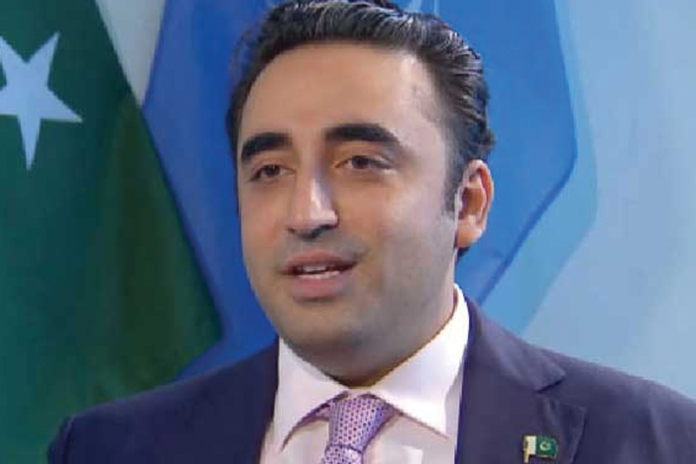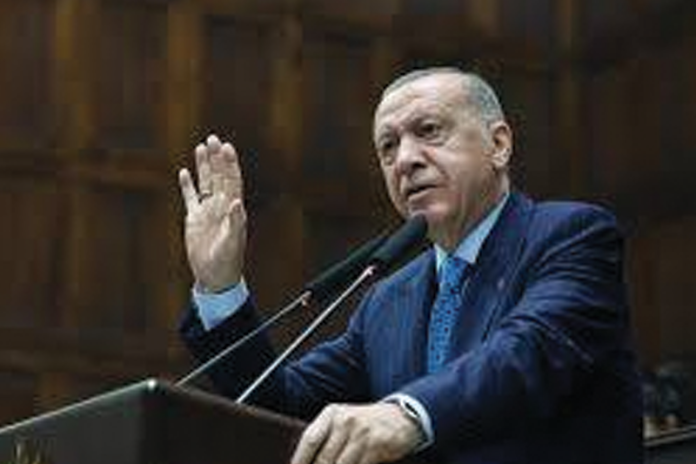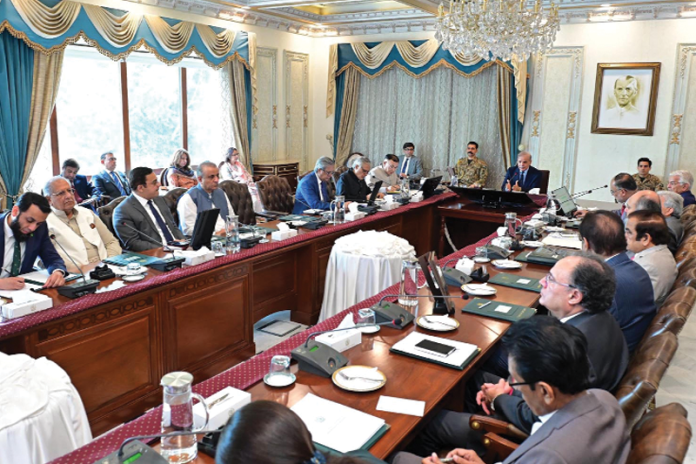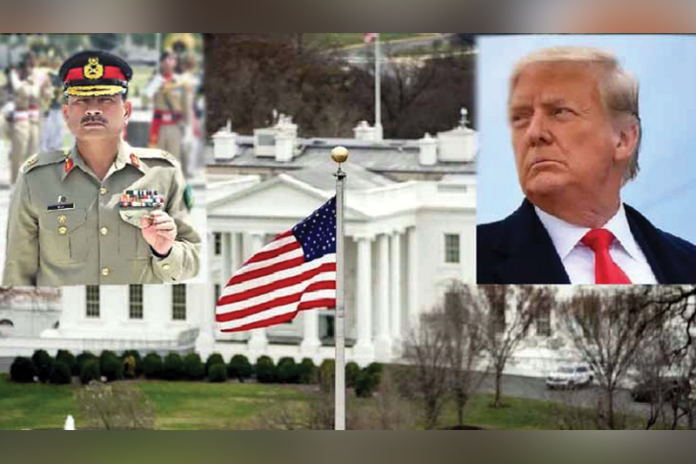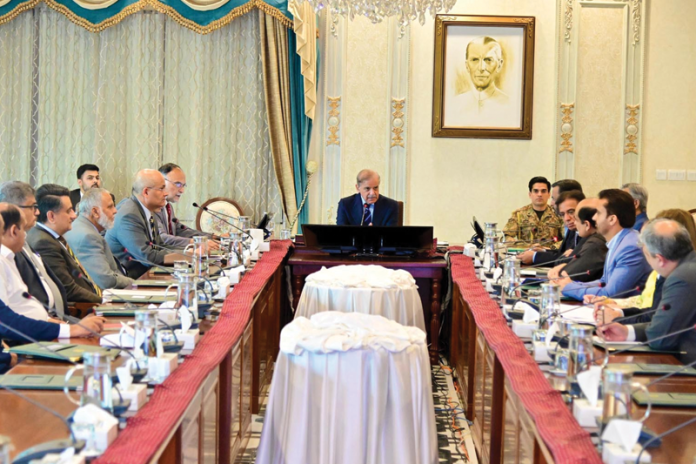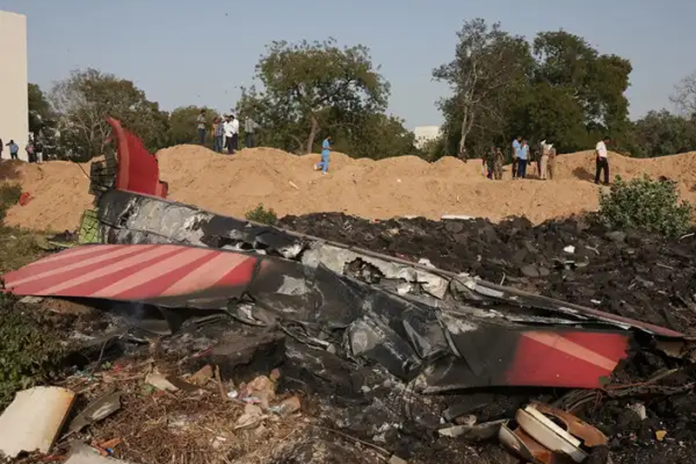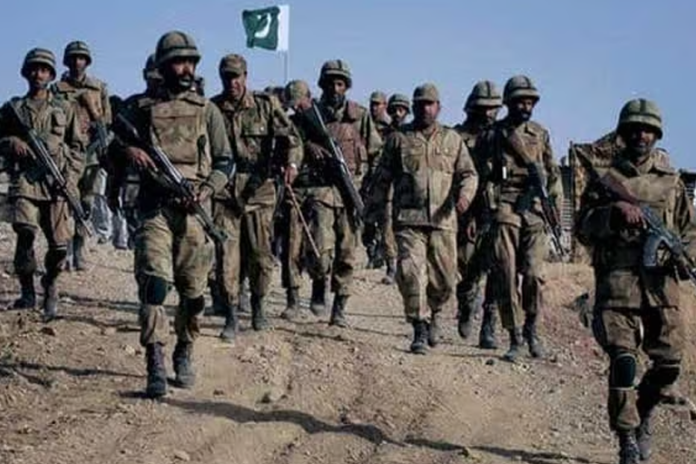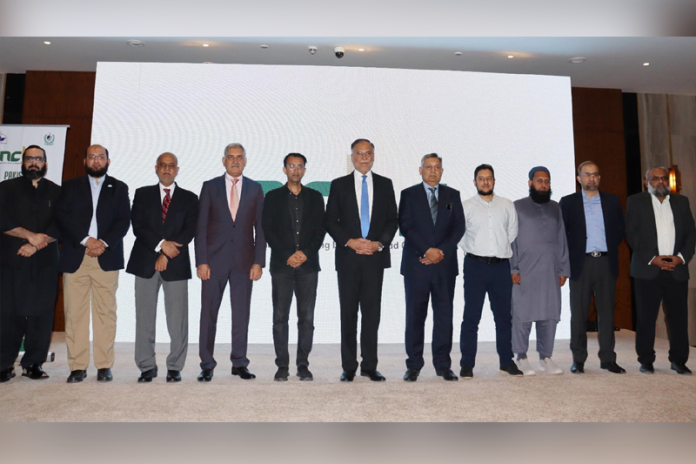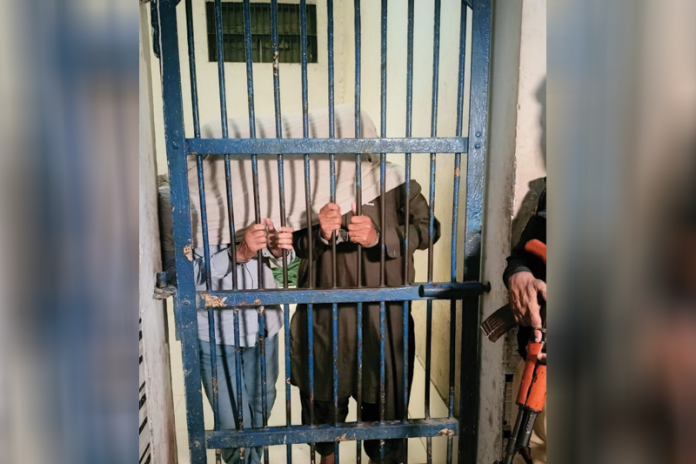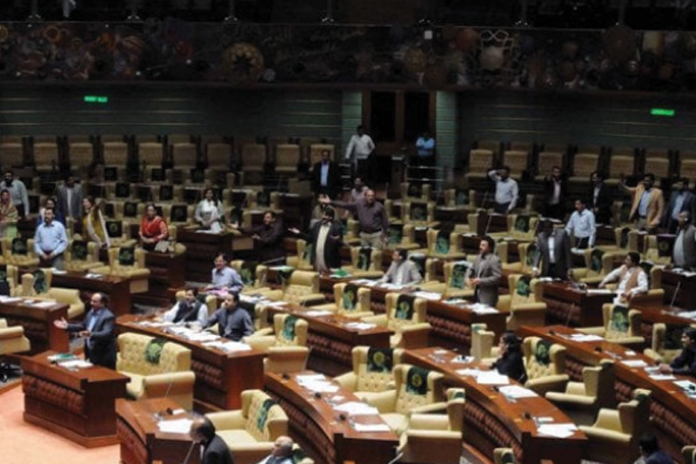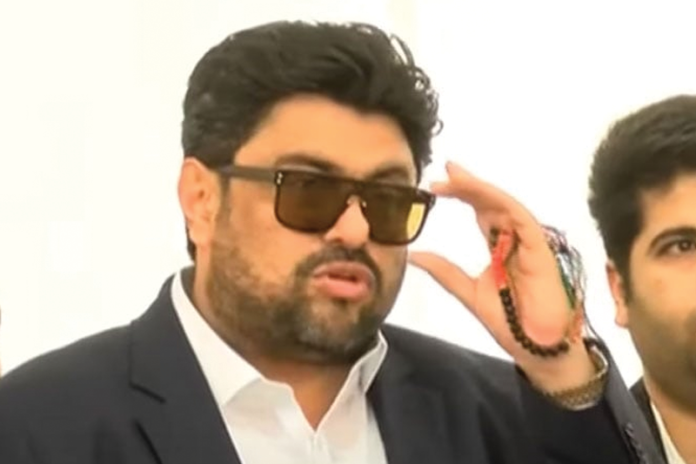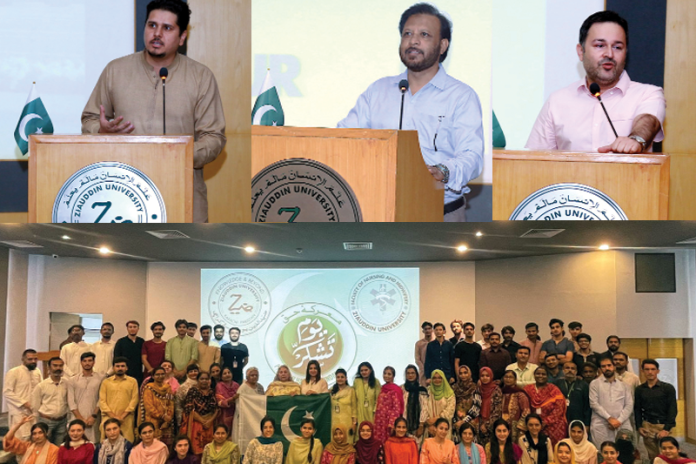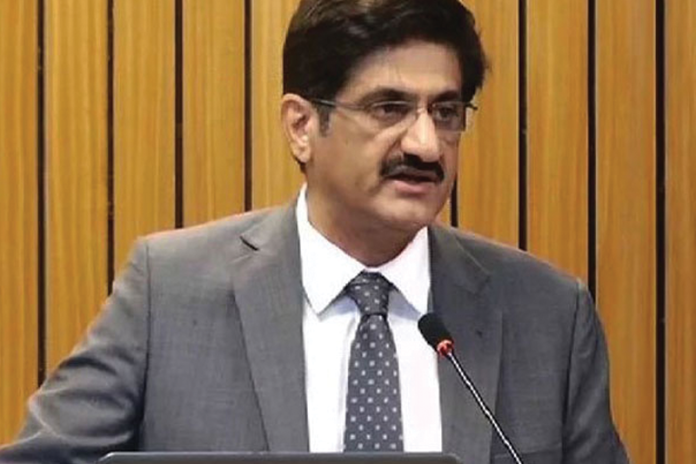The sad saga of SOEs
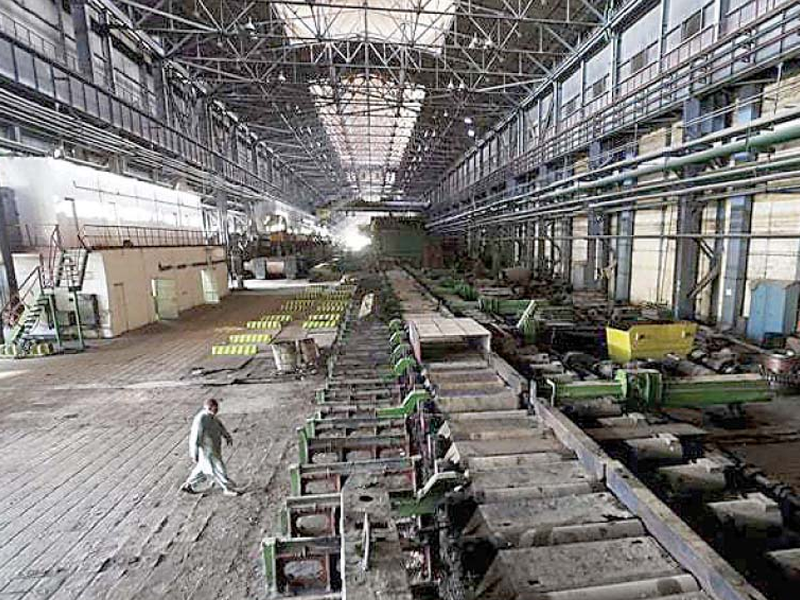
- 257
- 0
Pakistan Steel Mills was once the pillar of the country's economy. Russia offered to establish it in 1969. This agreement was signed on January 22, 1971 but could not be implemented due to the war.
Meanwhile, Russia openly supported India and this plan seemed to be in the doldrums. But Zulfikar Ali Bhutto visited Russia soon after coming to power and the agreement was renewed. Bhutto finally laid the foundation stone of Pakistan Steel Mill on December 30, 1973. It was inaugurated on August 30, 1981 by General Zia-ul-Haq. Pakistan Steel Mill was established on 19 thousand acres and its production started with 11 lakh tonnes of steel and reached 3.3 lakh tonnes in just five years.
During the peak period from 1990 to 1991, there were 24,000 employees. Earlier in the 80s, this profitable company paid 114 billion rupees to the federal government in the form of taxes in addition to repaying the loan of 25 billion rupees taken from domestic banks. Apart from the steel plant, a 165 MW power plant was also installed to generate cheap electricity. Later, due to mismanagement, this institution reached the brink of collapse. Now the situation is that the financial losses of the steel mill last financial year were 206 billion rupees and even if we wanted to, it was not possible to privatize it.
It should be remembered that after stopping the production of Pakistan Steel Mill, 75 to 80 lakh tons of iron is being imported from foreign countries every year to meet the domestic needs of iron ore. According to the documents provided to the Parliament, the assets and properties of Pakistan Steel Mill are worth 8 trillion 61 billion 12 crore 98 lakhs which are reserved for use after its rehabilitation.
Meanwhile, media reports say that the formal process for the demerger of Pakistan International Airlines began last week after the Privatization Commission appointed a financial adviser for the transaction.
According to a report, a consortium led by Ernst & Young emerged as the winner among 8 interested firms that submitted their technical and financial proposals to hire financial advisors for the privatization of Pakistan International Airlines Corporation. PIA was the best airline in the world from the 50s to the 70s, the princes and rulers of the world preferred to travel in it, not only this, but this airline offered its planes to the airlines of the Middle East and many other countries.
Then the national airline became a victim of political and personal interests due to bad luck. According to the information, PIA started becoming unprofitable for the last many decades and needed government subsidies. By the end of 2017, the public airline had a debt of $3 billion. And during the corona, the PIA was in debt of $3.3 billion. And it needed government bailouts to continue operations. In an audit , it was revealed that in recent year at one point the, PIA operated 46 empty flights without any passengers, which caused a loss of 11 lakh dollars to the airline in a single year.
Along with this, 36 Hajj flights were also operated without passengers. In these circumstances, whenever the government decides to privatize this institution, the PIA management and employees, the Ministry of Civil Aviation and the opposition together oppose it. It is necessary to find a way which is acceptable to the government and the airline staff, otherwise the government itself will have to make a decision which may be bitter for some people.
It may be mentioned here that a major cause of Pakistan's financial crisis is the loss-making institutions under government control. Among them, Pakistan Railways, PIA, National Highway Authority, Pakistan Steel Mill and power generating companies are on top. Caretaker Privatization Minister Fawad Hasan Fawad revealed the facts in a press conference recently that by 2020 the losses of these institutions were equal to seven percent of the GDP which has now increased much more. 15 big companies including PIA and Steel Mill have a debt of thousands of billions of rupees.
It was revealed that with this money, 10 universities, Bhasha Dam and the entire track of ML1 could have been built. This Steel Mills is an institution whose privatization is not possible even if we want to. Describing it as a dead asset, the Minister of Privatization says that Pakistan Steel Mill cannot be privatized or rehabilitated. The deficit of the institution is close to 230 billion and 585 million dollars are required to operate at the current capacity.
The Steel Mills was built to meet the shortage and need of steel in Pakistan and to increase foreign exchange for which 19000 acres of land was allotted in 1973 and about 4500 houses were built for the staff.
There are three thermal power plants of 55 megawatts, the world's third largest loading and unloading facility, underground tunnels covering two and a half acres. The current market value of Pakistan Steel's land is worth billions, which has now been proposed to be closed and made into an export promotion zone.
In the 1970s, all major industries were nationalized, which led to economic collapse. Later privatization programs were made but obstacles remained in its way. The privatization of Steel Mills was also stopped by the Supreme Court by taking a suo moto action.
Now privatization process with transparency has become necessary to manage the country's economy.
TO be very specific, the state-owned enterprises and national institutions are the assets of the nation which play a fundamental role in the economic development of the country.
Those institutions of Pakistan which were once the backbone of the country's economy started to become a burden. The total annual loss of Railways, PIA and Pakistan Steel Mill is in billions. Previous governments have spent trillions of rupees for the rehabilitation of these institutions, but the steps could not bear fruits and these SOEs could not be brought out of the mire of losses.
According to some financial gurus, they should be privatized as without getting rid of losses and deficits, the economy cannot be healthy. The Special Investment Facilitation Council (SIFC) whose main objective is to accelerate the economic development of the country, been approved to speed up the process of privatization of the institutions running in severe losses. The government has taken the decision of privatization at the right time and the national deficit can be reduced to a great extent by making the process transparent.
Published in The Daily National Courier, December, 29 2023
Like Business on Facebook, follow @DailyNCourier on Twitter to stay informed and join in the conversation.

